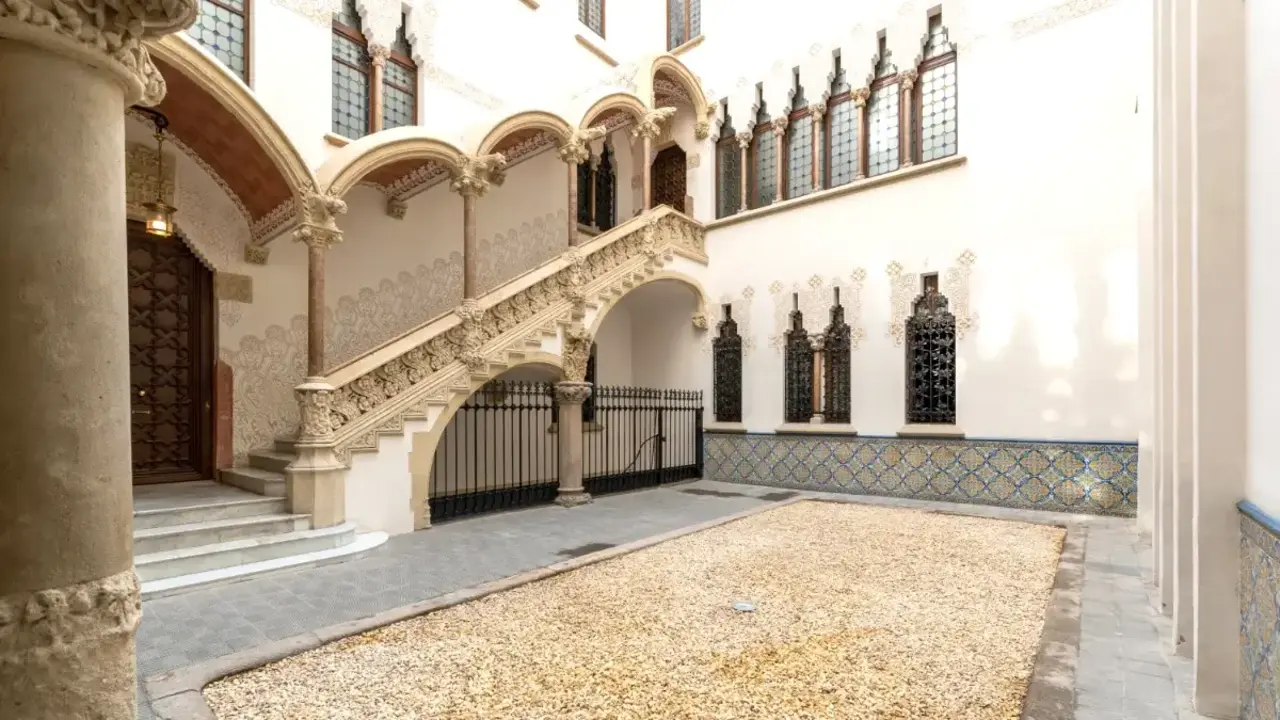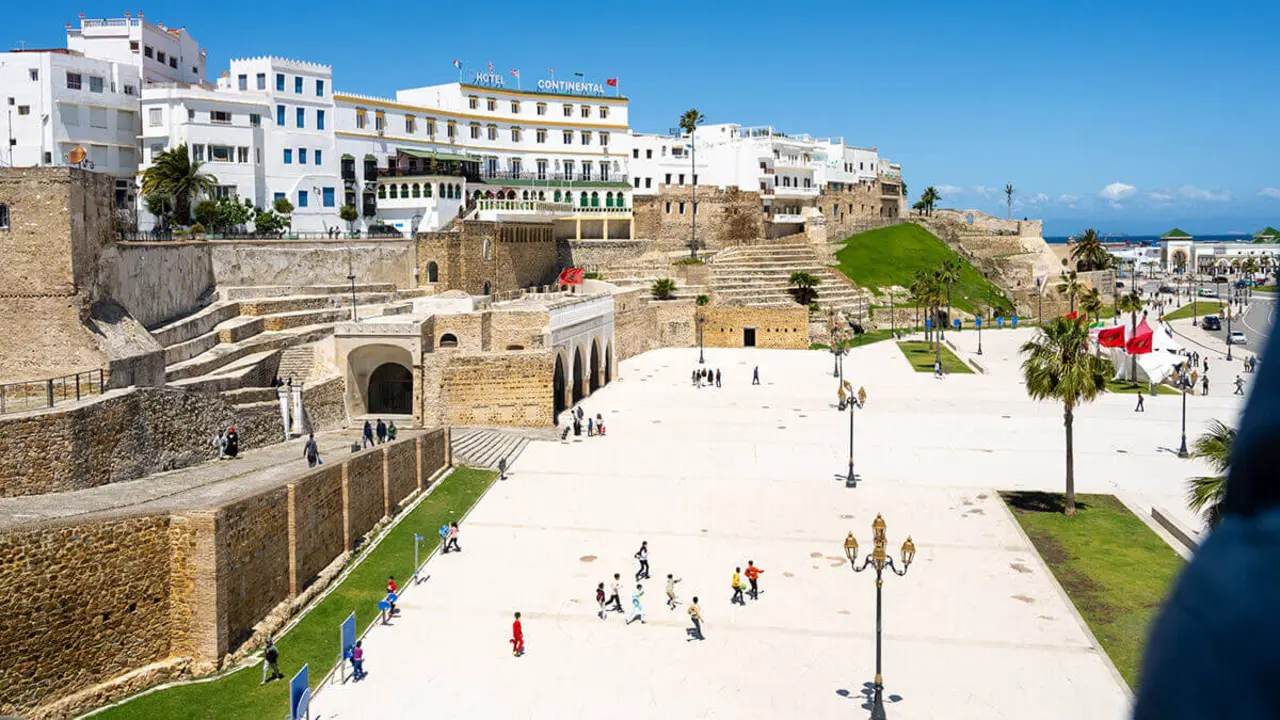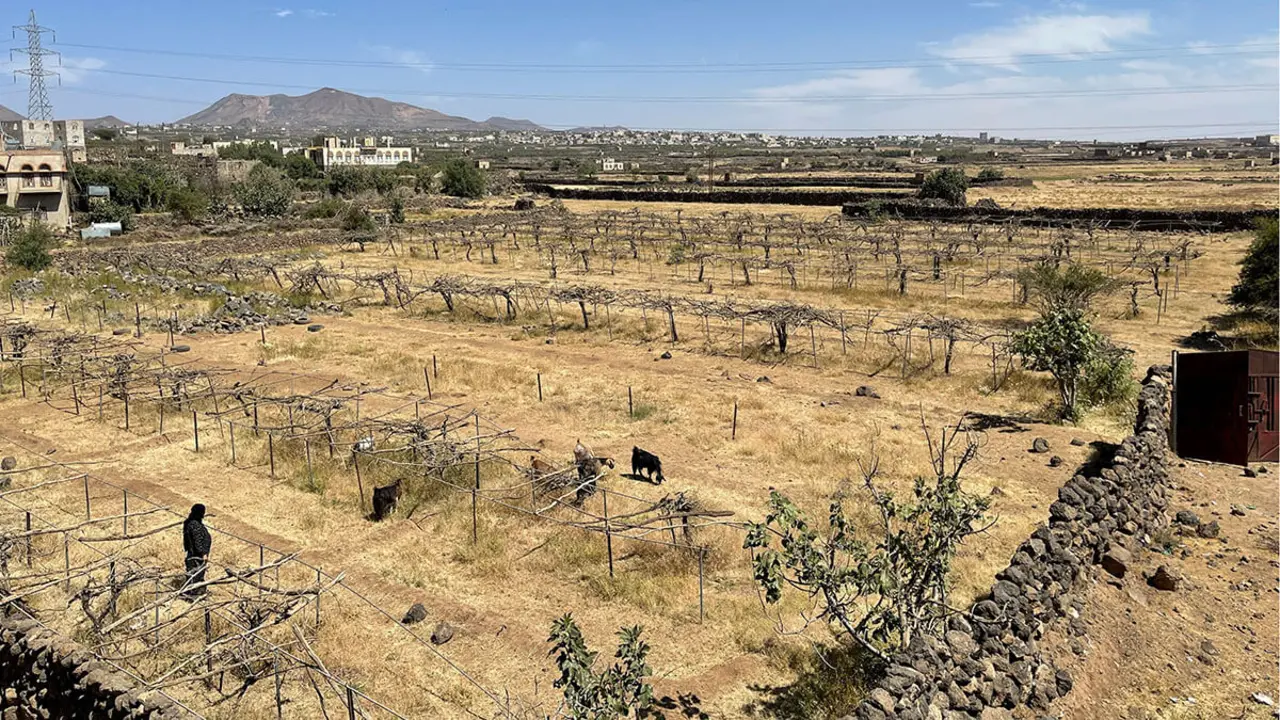Marruecos confirma que el 70% de los incendios del país están bajo control

The Moroccan authorities continue to fight the five fires that are active in the north of the country, in the areas of Arash, Wazzan, Tetouan, Taza and Schachwan. Five days of operations have been underway since 14 July and firefighters are working to extinguish these simultaneous fires. Everything points in the right direction. The National Water and Forestry Agency announces that 70% of the fires are now under control and out of danger.
In total, the fires have affected about 6,600 hectares and 20 locations have had to be evacuated because of the risk. The firefighters are focusing mainly on saving the villages and towns close to the points of origin of the fires. In this way, they want to save the homes of the evacuated people. What is mainly burning are coniferous forests and bushes that burn easily and many are already completely burnt.

"Fire crews were able to contain three fires once and for all, as intensive efforts continue to contain the rest of the fires in the coming hours, and more than 70% of the fires have been brought under control," the Agency says.
In this operation, the Agency states that all the country's security forces have been mobilised to extinguish them. According to a note from the MAP news agency, 2,000 vehicles have been deployed to the areas loaded with water along with the Royal Armed Forces, the Royal Gendarmerie and local authorities' aid and protection teams to help the firefighters in the fight.
"Our efforts continue to contain all outbreaks as quickly as possible. More than 1,200 firefighters are working on the ground," said Fouad al-Assali, director of the National Centre for Climate and Forest Risk Management at the National Water and Forests Agency.

To extinguish the flames, fire engines, rapid reaction vehicles and four Canadir aeroplanes from the Area Force and four Turbo Trash planes that drop water from the air are being used. The cooperation of the Moroccan people has been valuable and of great help to the evacuees, providing all the teams with supplies and helping to extinguish the fire.
However, the high temperatures currently being experienced in the Kingdom are not making the process any easier. Authorities are concerned that the flames will continue to spread, as the weather is above 40 degrees Celsius and strong winds are causing the fire to spread to other areas.

As of today, the real cause of the fires is still unknown and it is thought to be due to the hot weather, but it is not ruled out that they may have been intentional or for some other reason. Until the fires are completely extinguished and the real reasons for the five simultaneous fires in the north of the Maghreb country are known, the real reasons for the fires will not be known.
The Original and Contemporary Party, one of the parliamentary groups in the Alawi country, has urged the acceleration of processes to control the situation. They have called for speeding up the recovery of victims and aid to evacuees who have lost their homes and have nowhere to live. For this reason, they request the collaboration of the Solidarity Fund. Citizen participation is also required to raise funds and distribute aid to all those affected by the worrying fires.
This year, Morocco is not experiencing one of the best weather situations. Between the water droughts and now the fires, the country is in agony to remedy these problems. Since the beginning of the year and up to the day before the fires started, some 165 outbreaks have been recorded in the Kingdom, which means that fires now cover around 12% of the country.

But it is not only Morocco that is being ravaged by fires. Recent heat waves are leading to the same situation in neighbouring countries such as Algeria, Spain, France and Portugal, which is raising all the alarm bells.
"Given the climatic conditions characterised by high temperatures, which can facilitate the outbreak of forest fires, we have declared a state of high alert. With the activation of the national plan for preventing and fighting fires (...) all officials and competent authorities must be mobilised to prevent or deal with any emergency within 24 hours," said the Ministry of Agriculture in Algiers.








